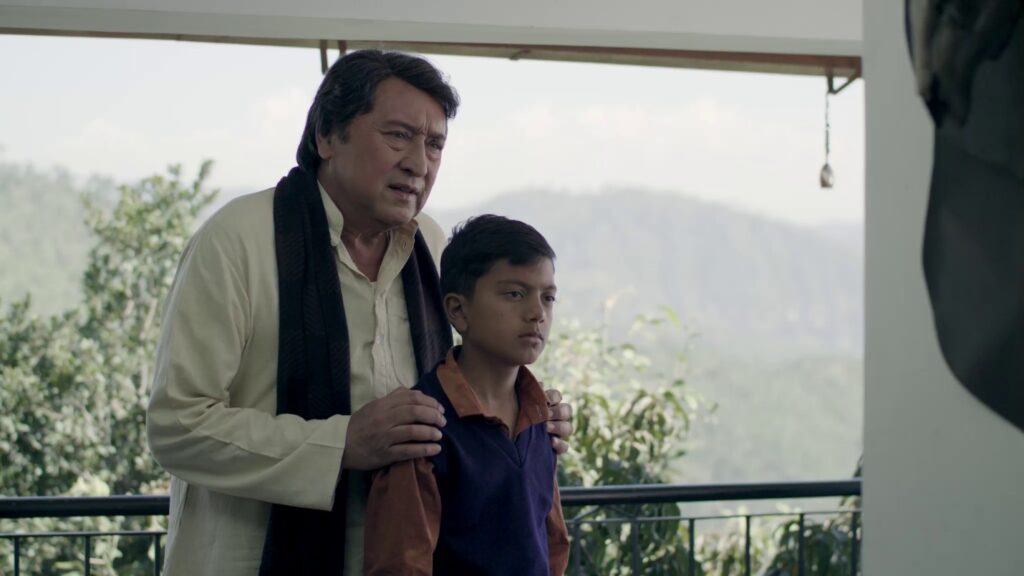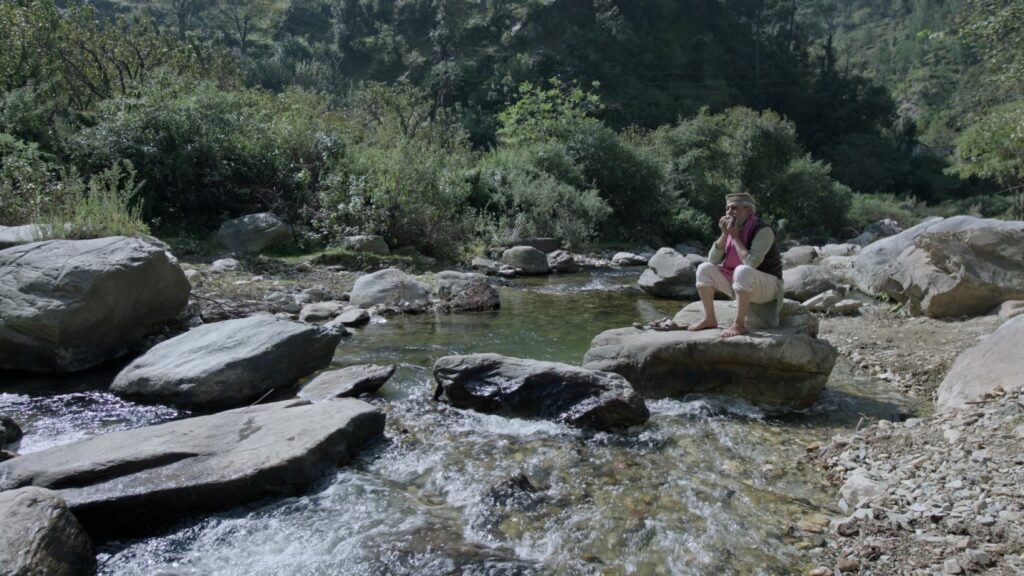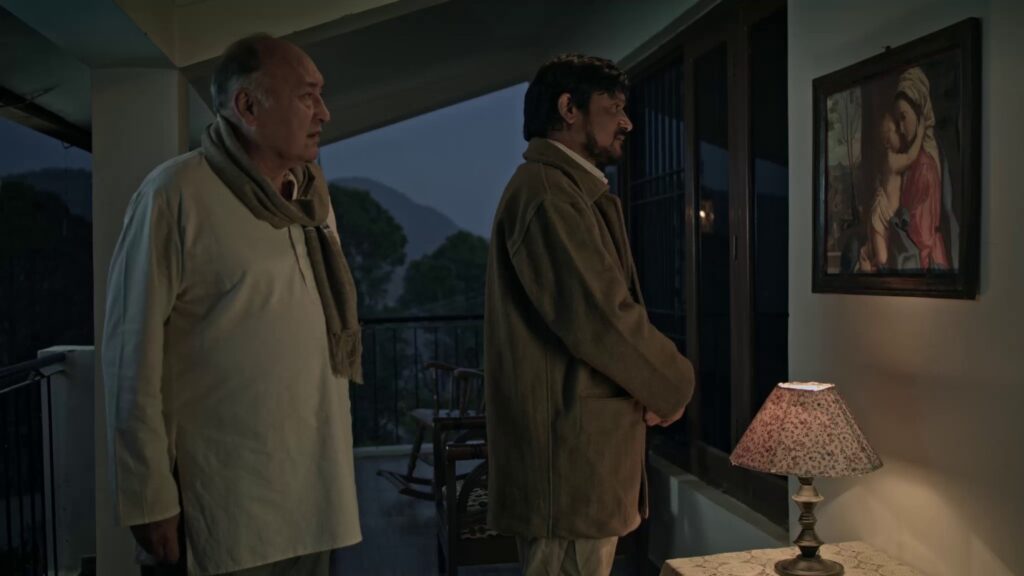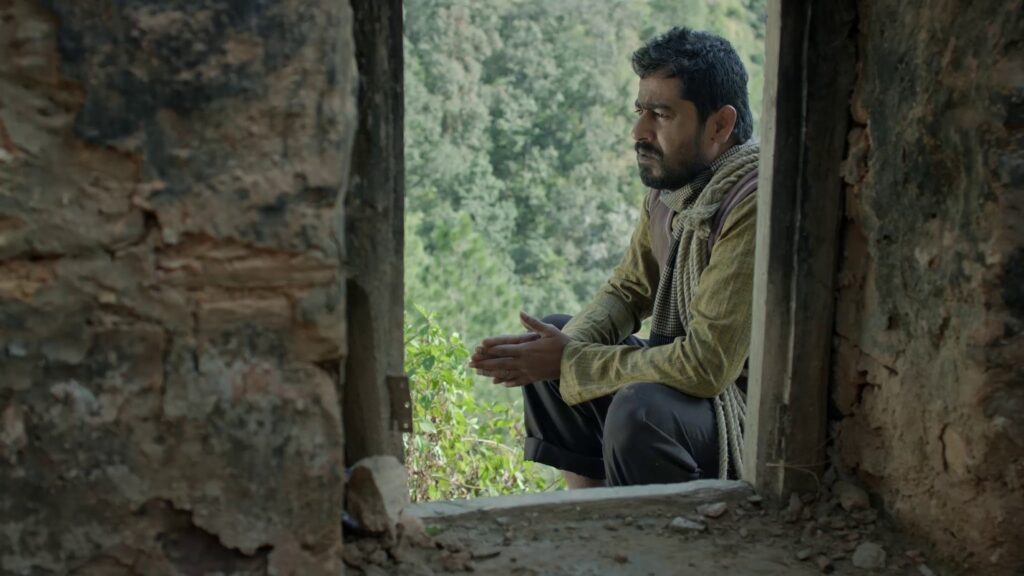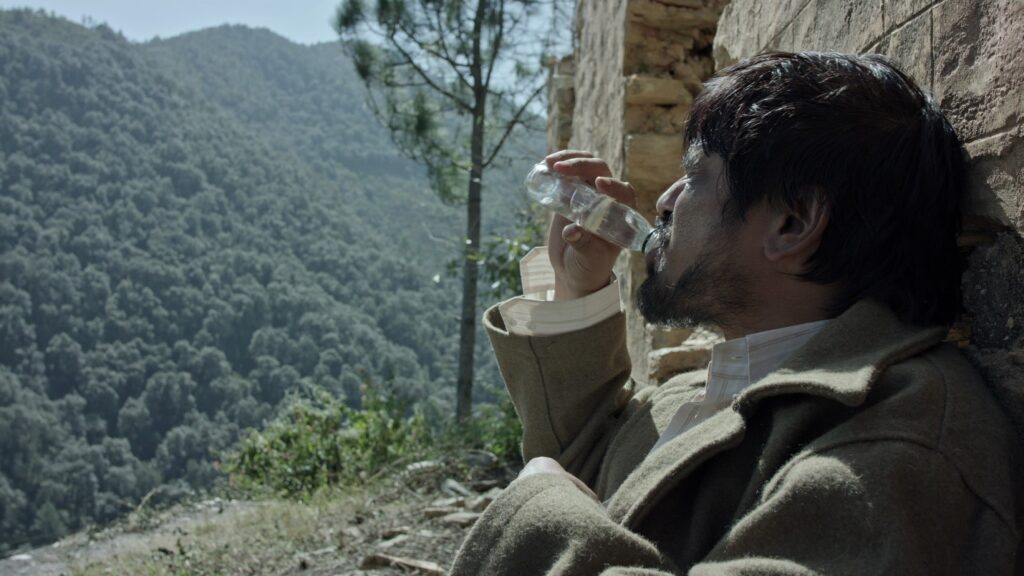Varanasi
What do people mean by “exotic” in travel? A term influenced by personal preference and
experience, exotic may have a different meaning for someone never having left their home
town, than from someone who has wandered the globe. Merriam Webster offers four
explanations for the word, with only one that would pertain to travel; strikingly, excitingly, or
mysteriously different or unusual. I would vow that Varanasi, India would certainly qualify for
such a definition, by even the most accomplished world traveler.
Varanasi, a sacred place, where Hindus get a leg up on karma, provides them with a back door to nirvana. If one dies in Varanasi, the atman, or soul attains moksha, a release from
incarnation. Thousands travel to this final leg of existence to liberate themselves, and
become one with Brahman.
On the latter end of a circle tour of India, I arrived in Varanasi. I wandered the back streets— a maze of narrow lanes between high walls washed with ocher, indigo and red oxide. Brightly colored saris and scarves draped store fronts, and gift shops glittered with gold and gem studded jewelry. I was glad I brought a good size tote bag to hold my treasures, for hundreds of shops offered a plethora of goods ranging from the erotic to the mundane.
Determined looking women in kurtis and saris, brushed by me, and aged men in white linen, gathered in tea shops. I hopscotched my way around clods of fresh and dried dung, remnants of holy beasts left to roam on their own. When I encountered one or more cattle blocking my way, a good swat on the flank got them moving. Occasionally, I came across a funeral procession, where bearers carried bodies, shrouded in colorful linens, upon stretchers to their cremation site. A single family member, carrying an urn, accompanied them, making sure of proper care for the deceased. The air filled with the aromas of jasmine incense and garam masala, eventually enticing me into a local food establishment for some savory chicken tikka masala, which I washed down with a cup of chai tea.
After I explored the labyrinth of back alleys that made up the heart of the city, I wandered
through passages headed east, eventually breaking through the cool, dense shaded darkness of the ancient urban environment. I shielded my eyes from the glaring sun, as I stepped out onto the broad ghats (steps) running down to and along the banks of the Ganges.
Atop the vast stairways, ancient temples and commercial buildings stood overlooking the
Ganges Valley. Above the buildings loomed numerous shikara or temple spires gilded in gold
or painted in bright colors. Hundreds of men and women gathered at the bottom of the ghats, purifying their souls, as they bathed in the holy waters. At various times of the day, ritualized ceremonies took place at platforms irregularly placed along the steps, and cremations occurred on a daily basis. The entire facade of the city flanking the river appeared other worldly, particularly in the early morning mist. Yet, it was at night when Varanasi became its most exotic, with the culmination of Ganga Aarti, the ritual paying homage to the River Ganges.
I rented a boat with an oarsman, who took me out on the river about an hour before sundown.
Once moored, the boat aligned with the current, allowing me a full view of the holy city, from
the bottom of the ghats up to the temple facades and the tall spires. As the sun began to set
and darkness descended over the city, various sources of fire began to move about the ghats. The figures of white robed priests, and funeral entourages became visible in the flickering of torchlights, casting moving shadows up and across the stairs and on the walls of the buildings.
Ignited cow dung and ghee fueled fires that slowly rose form the Pyres of previously stacked
wood, as Jiva (humans) were given Antyesti, their last rites.
At the Dashashwamedh ghat, a long wide concrete platform sat within the middle of the stairs.
Across the front of it stood a high metal frame, composed of eight arches, topped with
umbrellas, their exposed ribs outlined with tiny lights. Bright flood lights shown down upon
the stage, giving a clear view of the activities that took place below. Priests gathered, and lit
large brass candelabras, and urns filled with incense, which they held aloft in their hands, as
they began to dance to a cacophony of ringing bells, the rhythm of tabla, and the deep
vocalization of chants.
Movement in the murky water suddenly caught my eye. A naked body bobbed past the boat. It was the carcass of a deceased monk, who by custom, was not cremated, but weighted and placed in the river, his tethers having come loose. Clouds of smoke from various sources of fire set about the stage, enhanced the supernatural atmosphere of the evening. I became transfixed by it all. It was as if Yama, the God of death, had prematurely selected me. But unready, I remained in a nether world of fire and water between the earth and the land of the Gods.
Early the next morning I went back out onto the river, accompanied by a young priest. When
dawn broke, he began a low resonant chant to the god of light. As I faced east, daylight slowly spread out across the sky. Turning west, I watched the city begin to glow in the bright amber light of the morning sun. Wisps of smoke rose from the remnants of the previous night’s pyres, as men poked through ashes, and swept up the detritus of men’s souls. A trickle of Hindus began to clamor down the ghats towards the Ganges. Within a short time, the steps were covered with a multitude of people, all seeking to bathe away their sins.
Unique in the world for its culture, architecture and etherial ambiance, Varanasi provided me
with a once-in-a-lifetime travel experience. For those of you seasoned, and unseasoned
travelers seeking out that striking, exciting, or mysterious and unusual travel adventure,
Varanasi may just be your Nirvana.

